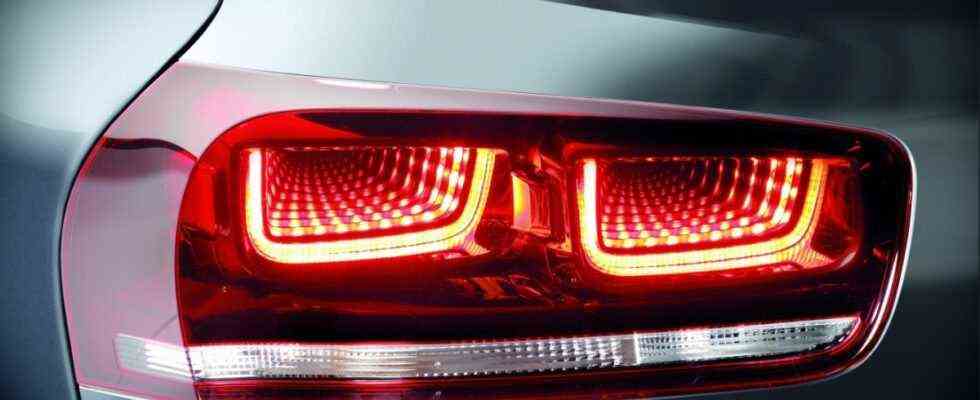This is not Paris. This is Lippstadt. For Patrick Koller, 62, the man from the French capital, the appearance on Monday in the Westphalian province is still like a home game. Like a homecoming. “We have comparable cultures,” says Koller. He means his group, the French auto supplier Faurecia, which now wants to take over the Lippstadt headlight specialist Hella. But it also sounds as if the Faurecia boss is speaking of himself as he parlates about culture in perfect German: Koller is German-French, and lived partly in Germany as a child. He had one of his first jobs at Hella in the early 1990s. His boss at the time, Jürgen Behrend, is the very company leader who is now selling him the block of shares held by the Hella majority shareholders. The proximity, Koller shows, has made the billion dollar business easier.
At the weekend, the entrepreneurial family Hueck / Röpke decided that they would sell their 60 percent stake in Hella: to Faurecia. The family is to receive 3.4 billion euros for this, plus a minority stake in Faurecia. This is how the seventh largest automotive supplier in the world is to emerge: a group with 150,000 employees that sells lights and sensors, seats and drive technology to car manufacturers around the world – at least in a league similar to that of Bosch or ZF. After the Hueck / Röpke family, the remaining Hella shareholders have to decide in autumn whether they want to sell their shares as well. But Faurecia already has the majority for sure.
For Koller, the takeover is his biggest coup to date. Hella’s strong position in headlights and electronics should help Faurecia to become less dependent on the combustion engine business. In addition, Koller aims to gain access to premium manufacturers such as Daimler or Audi. “I hope we will soon be able to share in Hella’s intimacy with German manufacturers,” says Koller. “We need Hella. And I believe that Hella needs us too.”
With the merger, Hella’s locations would “tend to be safer,” says company boss Rolf Breidenbach
Both companies estimate that together they can make a good 200 million euros more profit than if they remained independent. Hella boss Rolf Breidenbach refers to the greater purchasing power. The managers have not yet announced any job cuts. Business with sensors for semi-autonomous cars, for example, is growing rapidly. “There is more to be done than less,” says Breidenbach. “Hella’s locations have become more secure than unsafe.” The 58-year-old had already tried to reduce Hella’s costs in the past few years. A voluntary severance payment program is currently running at the headquarters in Lippstadt.
After all, three divisions of the merged group should have their headquarters in Lippstadt: the business with lighting, electronics and spare parts. Faurecia wants to control the other areas of seats, interior fittings and drive technology from France. Even after the takeover, Hella will consistently invest in research and development, says Breidenbach, as agreed. Competition authorities have yet to examine the merger. Both companies expect the deal to be completed in early 2022.
Koller is charming on Monday, promoting that his colleague Breidenbach could “clearly strengthen” the merged group. But the man with the round face and angular glasses also has another side: In industry circles, he is said to be “fear management” and since his rise to the position of Faurecia boss five years ago the pressure has been enormous. Koller may have remodeled the company from an exhaust pipe manufacturer to a global high-tech supplier – he has also proven that he can shut down factories. In the group, bad tongues have changed his surname into “Colère” in a playful way: Patrick, the angry.
The fact that the two suppliers merged at all was largely thanks to Koller’s family Hueck / Röpke. For almost 100 years, the branched dynasty has held the majority in the Hella company, whose history began with kerosene lamps. In 2014 the heirs put Hella on the stock exchange – and bundled their shares in a pool contract that runs until 2024. After that, according to a concern in Lippstadt, family members could have sold their shares “uncontrollably” and en masse. A sale “without time pressure”, as pool boss Behrend has now launched, is the better alternative, says Hella boss Breidenbach: “That gives security, that gives transparency, that gives perspective.”
The family, in turn, will be one of the largest shareholders in Faurecia in the future – alongside illustrious dynasties such as the Agnellis, i.e. the Fiat heirs, and the Peugeot family.

